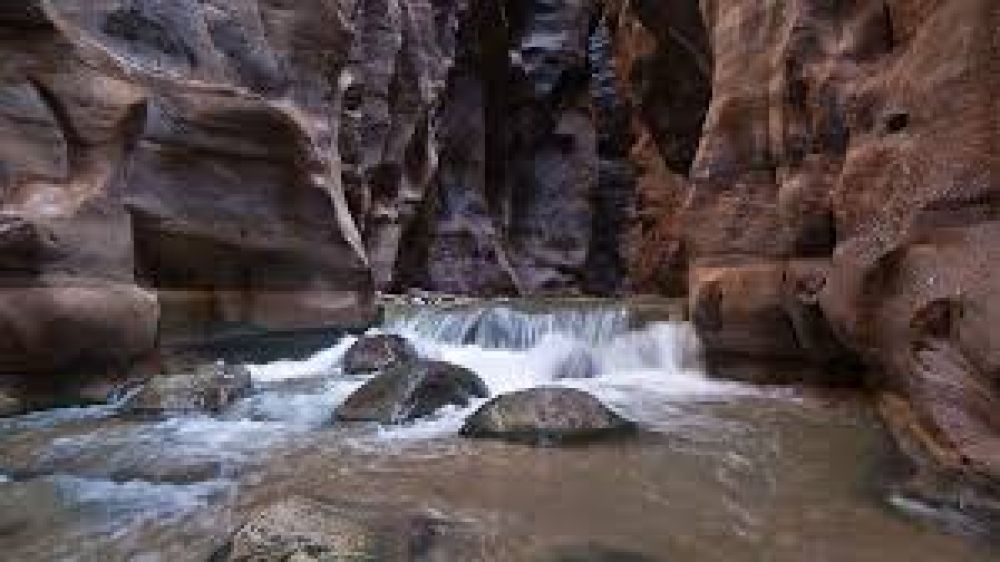

Mujib Nature Reserve, located near the east coast of the Dead Sea in Jordan, is a spectacular destination fostering ecotourism and preserving the beauty of the region. Officially established in 1987 by the Royal Society for the Conservation of Nature (RSCN), it is the lowest nature reserve in the world, with its spectacular canyon carving through the rugged landscape below sea level.
The history of tourism at Mujib Nature Reserve intertwines with the conservation efforts in the area. Initially, the focus of the establishment was on safeguarding the region's biodiversity, but the influx of visitors who were drawn to the reserve's unique landscapes soon became significant. With the Dead Sea attracting tourists for both its historical significance and reputed health benefits, the nearby Mujib Nature Reserve benefited from this tourism spillover.
The RSCN implemented several projects aimed at developing eco-tourism and offering sustainable travel experiences. The construction of chalets along the Dead Sea shores and the development of hiking trails within the reserve, such as the famous Siq Trail, allowed visitors to enjoy the natural splendor while minimizing environmental impact.
In recent years, tourism trends in the region have emphasized adventurous and sustainable travel. Tourists are increasingly seeking activities like hiking, canyoning, and wildlife observation. The reserve has grown in popularity for its thrilling water trails, which provide a unique way to explore the area's biodiversity and geography.
To accommodate these trends and to ensure that tourism development does not compromise the reserve's ecological integrity, the RSCn continues to invest in ecotourism infrastructure and educational programs to inform visitors about the importance of conservation.
Like many destinations worldwide, the Mujib Nature Reserve and the Dead Sea region have been impacted by global events such as the COVID-19 pandemic. There has been a shift towards promoting domestic tourism and ensuring that health and safety protocols are in place to protect both visitors and local communities.
As travel begins to rebound, Jordan is poised to continue its growth as a prime destination for eco-conscious travelers. The Mujib Nature Reserve, with its captivating canyons, diverse wildlife, and proximity to the historical Dead Sea, is expected to play a pivotal role in Jordan's tourism evolution, balancing conservation with the welcoming of tourists from around the globe.
With ongoing efforts in sustainable tourism, the Mujib Nature Reserve is likely to remain a cherished jewel for both Jordanians and the international community, offering a glimpse into the natural wonders that have helped shape the history of tourism in this remarkable part of the world.